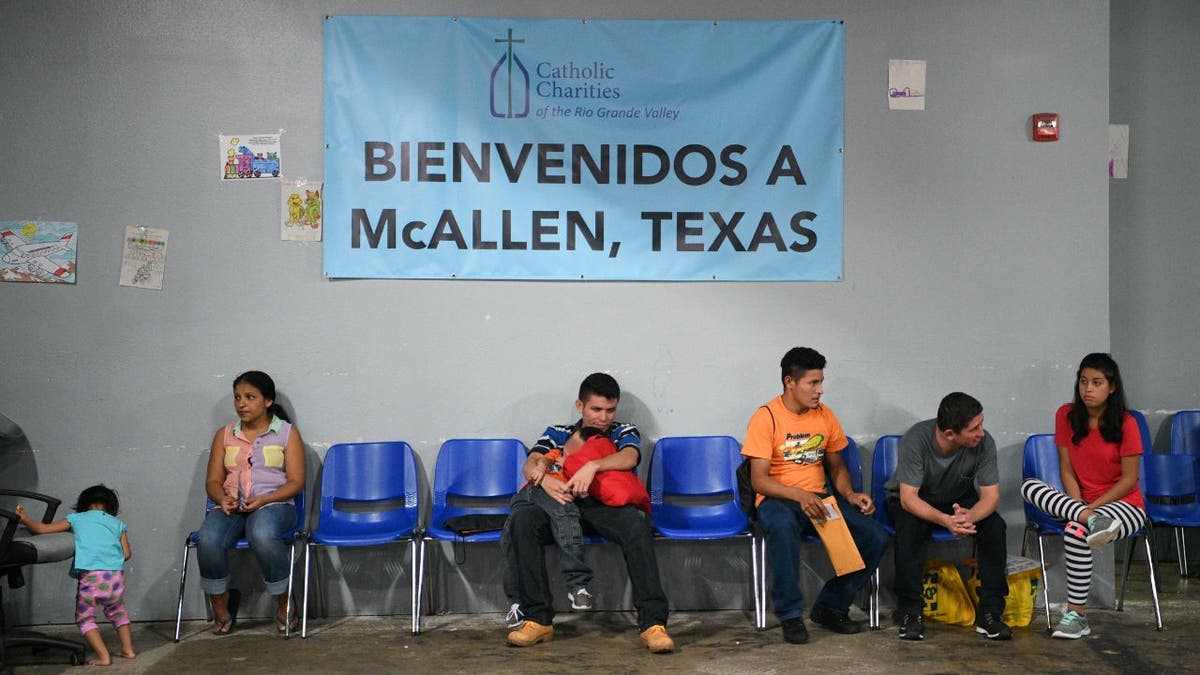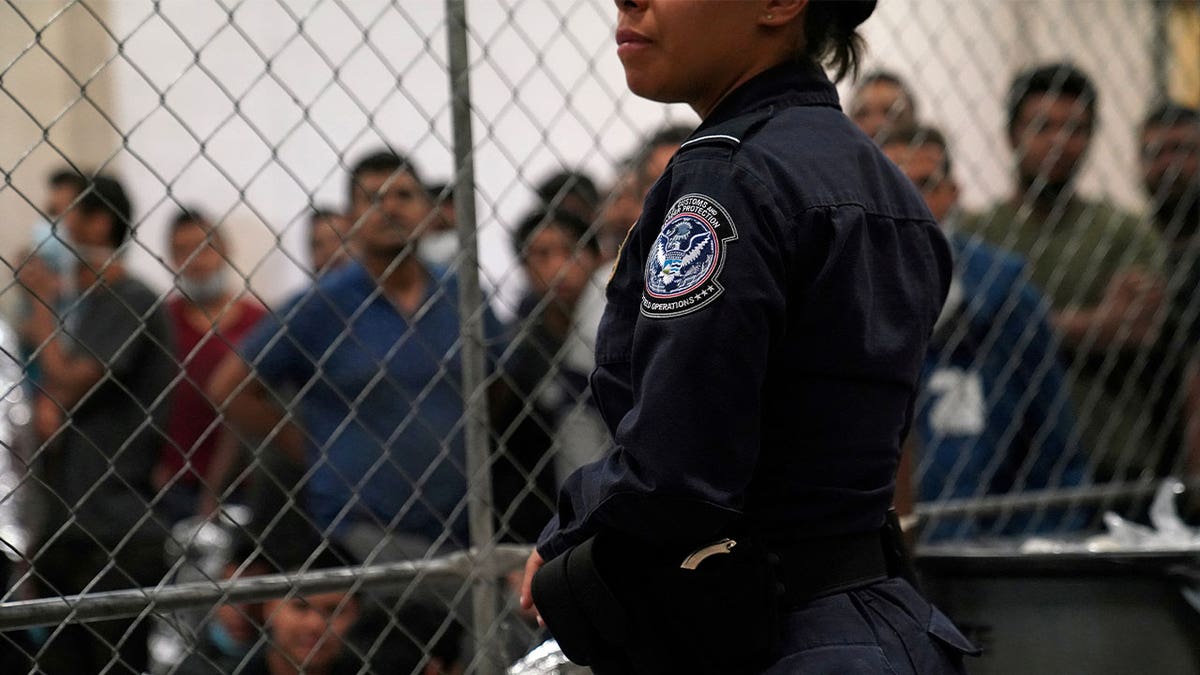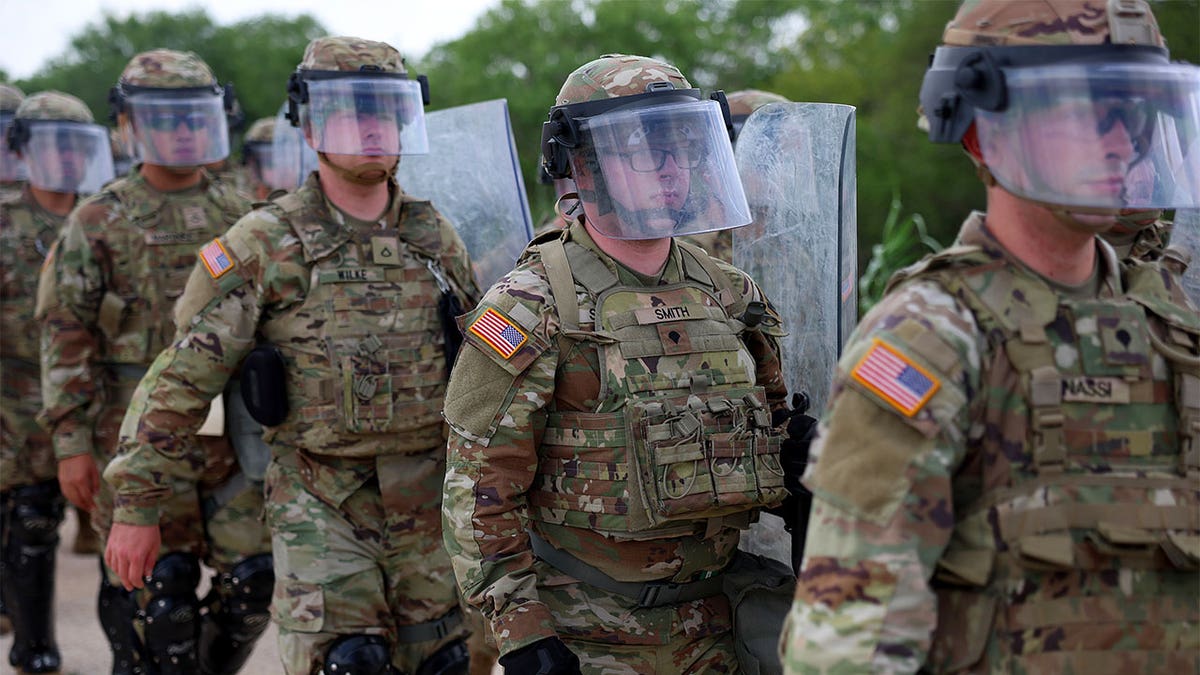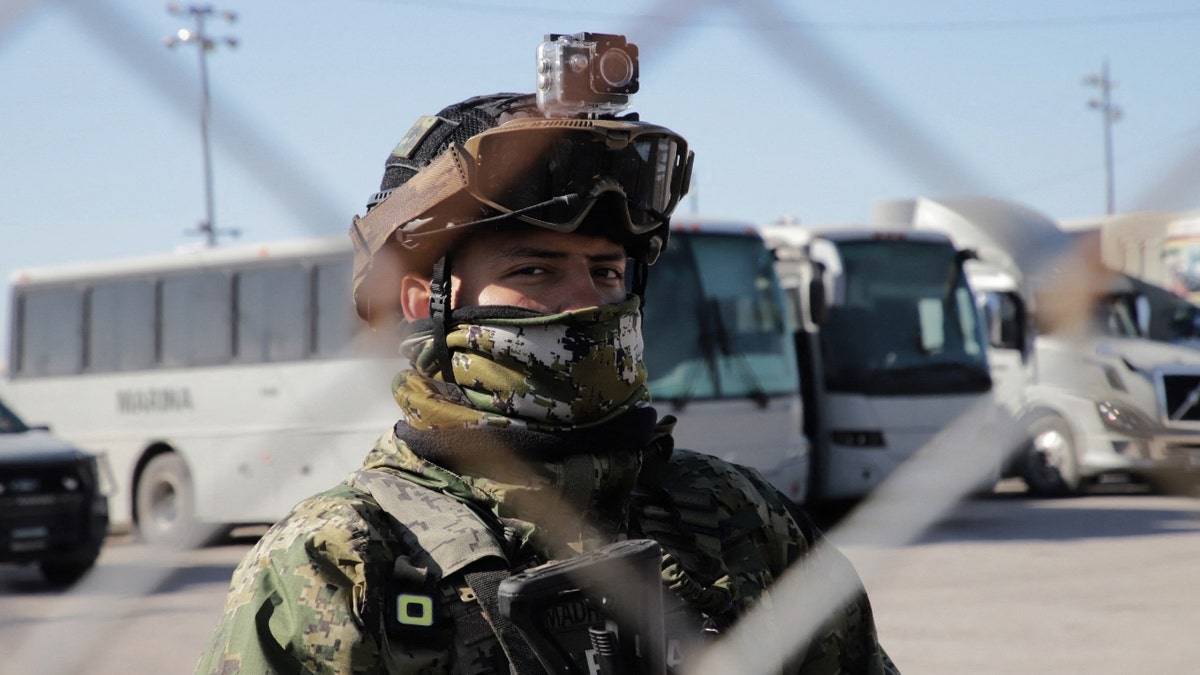Amid heightened border security measures implemented by the Trump administration, the State Department has issued a Level 4 travel advisory—the highest possible warning—for the northeastern Mexican state of Tamaulipas, bordering Texas. This region, encompassing cities like Reynosa and Matamoros, is experiencing a surge in violence, including gun battles, kidnappings, and the alarming use of improvised explosive devices (IEDs) on roadways.
The State Department's advisory specifically warns against traveling on dirt roads in the area due to the presence of IEDs, which are increasingly being employed by criminal organizations. This follows an incident in January where an IED detonated, damaging a Mexican government vehicle and injuring its occupant.

Tamaulipas IED warning (Gobierno del Estado de Tamaulipas )
U.S. government personnel are restricted from traveling in and around Reynosa and Rio Bravo after dark and are advised to avoid dirt roads throughout the state. Travel between cities within Tamaulipas using Mexican highways is also prohibited.
Michael Brown, a former senior DEA special agent, emphasizes the severity of a Level 4 advisory, comparing it to warnings issued for high-risk locations like Afghanistan or Somalia. He attributes the escalating violence to the recent crackdown on illegal immigration, which has disrupted the cartels' lucrative human trafficking operations.

Migrants at a shelter in McAllen, Texas (Loren Elliott/Reuters)
Brown suggests that the decrease in human trafficking profits has intensified competition between cartels, leading to increased violence as they vie for control of trafficking routes. He also notes that the use of IEDs mirrors tactics employed by hostile groups globally.

Border Patrol agent in McAllen, Texas. (Veronica G. Cardenas/File)
Brown argues that the previous open-border policies allowed cartels unrestricted access to the U.S., generating billions of dollars. Now, with stricter enforcement and the designation of cartels as terrorist organizations, their operations are being challenged. This shift, while aimed at curbing illegal immigration, also presents increased risks for American citizens, law enforcement, and military personnel near the border.

Texas National Guard at the border in Brownsville, Texas. (Joe Raedle/Getty Images)
The State Department’s advisory highlights the prevalence of organized crime in Tamaulipas, including gun battles, murder, robbery, carjacking, kidnapping, and extortion. Criminal groups are known to target passenger buses and private vehicles, often taking passengers hostage for ransom.

Mexican Navy personnel building a shelter in Matamoros. (Quetzalli Blanco/AFP via Getty Images)
Brown draws a parallel between the level of violence in Tamaulipas and that seen in the Middle East, emphasizing the cartels' ruthless tactics and their primary motivation of financial gain. He points to past instances of extreme violence, such as the Sinaloa Cartel executing and displaying police officers, as evidence of their brutality.








